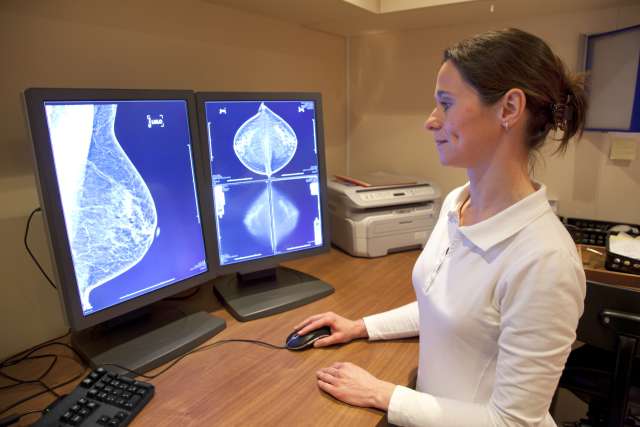When patients and friends ask about the long-term health effects of the Los Angeles wildfires that killed 29 people and destroyed more than 16,000 structures in January, David Eisenman, MD, isn’t sure how to respond.
“I don’t know how to answer that,” he says, “because we don’t have the science.”
He and other researchers at UCLA Health and beyond are pursuing those answers, but they need your help.
That’s why Dr. Eisenman and Arash Naeim, MD, established the UCLA Wildfire Impacted Communities Research Registry, where people potentially interested in participating in fire-related research can sign up.
“Anyone who is a Los Angeles resident should register for this if they’re interested in being contacted to be a part of future wildfire research,” Dr. Eisenman says. “You don’t have to have lived in the actual fire zone to have been affected. The smoke was carrying toxins miles away, and people might be interested to be part of research that includes that level of exposure.”
Signing up for the registry does not obligate participation in any research study. The registry will serve as a database of people potentially interested in future studies exploring how fire-related toxins affect the heart and lungs, metabolic health, mental health, cancer risk, pregnancy and early childhood, Dr. Eisenman says.
Signing up is a way of indicating interest in helping “to build knowledge that could save lives and shape our health in the future,” he says.
Learning more about the health effects of wildfires is essential as Los Angeles rebuilds and looks toward the future, he adds.
“We will be having wildfires again in Los Angeles. We will be experiencing smoke, whether it’s from Los Angeles or neighboring areas. We really need to get ahead of this and really learn … how it’s affecting our health if we want protection in the future,” Dr. Eisenman says.
Those who join the registry will be asked to provide basic demographic information, some wildfire experiences, and smoke-related physical and mental health information. Researchers will reference this data when recruiting volunteers for various studies. All personal details will be kept confidential.
LA Fire HEALTH Study
One major study looking into the health effects of the Palisades and Eaton fires is already underway. The Los Angeles Fire Human Exposure and Long-Term Health Study (LA Fire HEALTH Study) is a multi-institution, 10-year effort, to better understand the short- and long-term health impacts of the 2025 LA wildfires.
The first part of the study assessed water, soil, air, ash and debris in the fire areas to identify toxins and pollutants present. A significant portion of this work has already been done, Dr. Eisenman says.
Another aspect of the study – investigating health outcomes – began in April at UCLA Health under the leadership of Beate Ritz, MD, PhD, Dr. Eisenman says. Volunteer participants have provided blood samples and undergone pulmonary function tests to look at the effects of wildfire smoke on lung capacity. Researchers at Harvard are analyzing the samples.
More participants are needed for this study and recruitment continues, Dr. Eisenman says. Additional participants may be sourced from the wildfire research registry.
Researchers at UCLA Health and other institutions are donating their time to the LA Fire HEALTH Study, Dr. Eisenman says, because federal funding for health research has been curtailed in recent months. The study is being funded by a grant from the Spiegel Family Fund, but additional philanthropic support is needed, Dr. Eisenman says.
Finding answers as to what toxins are present in wildfire smoke and ash and understanding their impact on human health is “critically important,” he says: “We will regret not knowing the answers to this. It’s really important to me that we get the data and help get the results out to communities quickly.”






